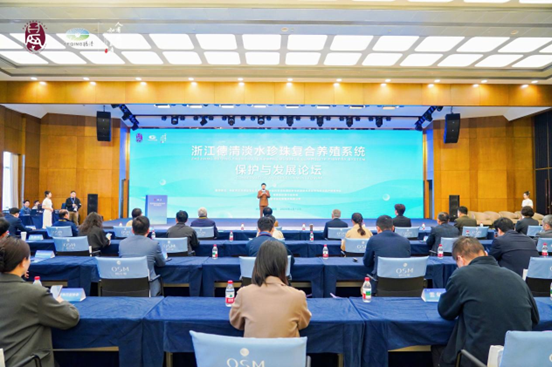
What is work-life balance?
Work-life balance refers to the equilibrium between work and personal life, where individuals can manage their time and energy effectively to achieve their goals at work and also maintain a fulfilling personal life.
Why is work-life balance important?
Having a proper balance between work and personal life can help individuals avoid burnout, reduce stress, improve overall well-being, and enhance productivity and job performance.
What are some strategies for achieving work-life balance?
There are several strategies that individuals can use to achieve work-life balance:
- Set boundaries: Individuals can set clear boundaries between work and personal time, such as not checking work emails during personal time or scheduling personal activities during work hours.
- Prioritize tasks: Individuals can prioritize tasks based on their importance and urgency, and allocate time and energy accordingly.
- Take breaks: Individuals can take breaks throughout the day to relax, recharge, and avoid burnout.
- Practice self-care: Individuals can engage in activities that promote physical, mental, and emotional well-being, such as exercise, meditation, or spending time with loved ones.
- Delegate tasks: Individuals can delegate tasks at work or at home to reduce workload and create more free time.
How can employers promote work-life balance?
Employers can promote work-life balance by:
- Offering flexible work arrangements, such as remote work or flexible schedules.
- Encouraging employees to take breaks and vacations.
- Providing resources for employee well-being, such as mental health support or wellness programs.
- Creating a culture that values work-life balance and respects employees' personal time.
Conclusion
Achieving work-life balance is crucial for individuals to lead fulfilling and productive lives. By setting boundaries, prioritizing tasks, taking breaks, practicing self-care, and delegating tasks, individuals can manage their time and energy effectively. Employers also play a role in promoting work-life balance by offering flexible arrangements, supporting employee well-being, and creating a culture that values work-life balance.
 中小企业网
中小企业网




